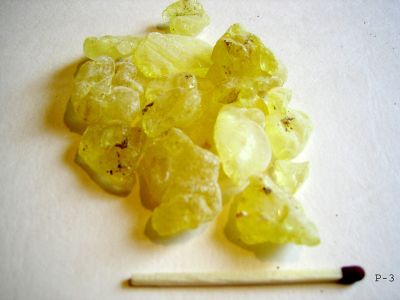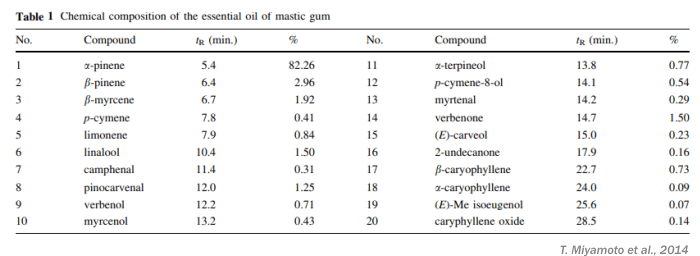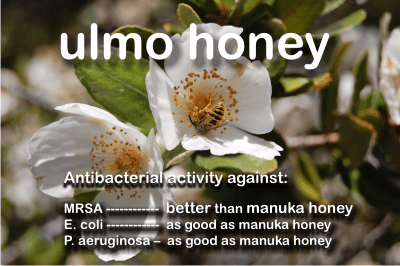Does mastic gum kill H pylori or not?
Mastic gum is a a natural resinous exudate obtained from the stem and main leaves of the tree Pistacia lentiscus var. chia.
The tree is an evergreen shrub of the Anacardiaceae family, native throughout the Mediterranean region, including the Canary Islands. The word mastic derives from the Latin word “Masticare” (to chew), in Greek: μαστιχάω verb mastichein.
And although the tree is native to all of the Mediterranean region, only in southern Chios, a Greek island in the Aegean, is the mastic tree’s bark scored to “weep” the masticha resin. The island’s mastic production is controlled by a co-operative of “medieval” villages, collectively known as the mastichochoria. Within the European Union, mastic production in Chios is granted protected designation of origin and protected geographical indication names.
Today mastic gum is used as a food ingredient in Mediterranean cuisine (to flavour spirits and liqueurs (such as Chios’s native drink Mastiha, chewing gum, and a number of cakes, pastries, spoon sweets, and desserts.), in the production of chewing gum, in perfumery and in dentistry. In Lebanon and Egypt, the spice is used to flavour many dishes, ranging from soups to meats to desserts, while in Morocco, smoke from the resin is used to flavour water. In Turkey, mastic is used as a flavor of Turkish delight.
FACT: Mastic resin is a key ingredient in Greek festival breads, for example, the sweet bread tsoureki and the traditional New Year’s vasilopita. Mastic is also essential to myron, the holy oil used for chrismation by the Orthodox Churches.
 mastic tree (Pistacia lentiscus), picture credits: Zcebecci, Antonio, John Winder
mastic tree (Pistacia lentiscus), picture credits: Zcebecci, Antonio, John Winder
Traditionally, mastic gum is used as medicine for upper abdominal discomfort, dyspepsia and peptic ulcer, for more than 2,500 years. Ancient Greek physicians, such as Hippocrates, Dioscorides, Theophrastos and Galenos, mentioned its properties and recommended its use.
In modern time, mastic gum was intensively studied, leading to controversial results.
• (Pro) It all started in 1984 in a double-blind clinical trial carried out on patients with symptomatic and endoscopically proven duodenal ulcer. The results showed increased symptomatic relief in patients on mastic (1 g daily) compared to patients on placebo, while endoscopically proven healing occurred in 70% of the patients on mastic (Al Habbal, M. J, 1984).
• (Pro) In 1995 it was reported that mastic gum possed considerable in vitro antibacterial and antifungal activities Tassou, C. C., and G. J. E. Nychas).
• (Pro) In 1998 it was also reported to kill Helicobacter pylori by N Engl J Med.
• (Pro) In years that came there were other in vitro studies, reporting that it was specifically reported to be effective against Helicobacter pylori: Deng, J.-D. et al. in 2000, Marone, P et al. in 2001.
BUT, there were also studies reporting bad results.
• (Against) In 2003 Loughlin, M. F et al. observed that in an vivo study, where the activity of mastic gum was compared with antibiotic eradication schemes, that after a 7-day monotherapy with crude mastic tear diluted in 100% ethanol, there was no eradication of the bacterium from the stomachs of mice receiving mastic. (study)
• (Against) In 2003 Bebb, J. R. and team found that H. pylori-positive patients treated with mastic capsules for 7 days, remained H. pylori positive after the administration. (study) The patients were treated with mastic 1 g four times daily for 14 days. The Urea breath tests (UBTs) showed that mastic gum had no effect on H. pylori status in any of the eight patients.
The conclusion was that crude mastic has no antibiotic activity.
 mastic gum, picture credit Lemmikkipuu via wikimedia commons
mastic gum, picture credit Lemmikkipuu via wikimedia commons
What is the truth? Does mastic gum kill H pylori or not?
The answer is given by scientists who noticed that in all the studies, crude resin was used. In this form it contains a high percentage (30%) of an insoluble and sticky polymer (poly–myrcene) that reduces the bioavailability of the contained active compounds, in oral administration.
That is why, in 2007, Sotirios Paraschos ans his colleagues from Greece, prepared a total mastic extract without the polymer (TMEWP) and tested its activity against H. pylori SS1 strain, in infected mice. In addition, they also identified the most active constituents in well-characterized mastic gum fractions, as well as isolated pure compounds tested in vitro. [study]
The treatment lasted for 3 months (as opposed to only 1 week in the previous study) and consisted in continuous administration of 0.75 mg TMEWP (in the water supply) to H. pylori-infected mice. The results showed that mastic extract had a moderate antimicrobial effect, without a profound effect on the associated gastritis.
Long-term habitual daily consumption of mastic gum may well create conditions favoring a decrease in H. pylori colonization levels.
• In 2010, in a randomized pilot study Dabos KJ and team, also reported that mastic gum has bactericidal activity on H. pylori in vivo. (study) In the group that received 350 mg three times a day of pure mastic gum for 14 days (only!), 4 out of 13 patients had negative urea breath test (UBT), 5 weeks after the end of treatment.
• In 2014, Tomofumi Miyamoto and team, examined which component of the essential oil prepared from mastic gum could inhibit the growth of H. pylori. In the composition of mastic gum oil they identified 20 constituents by GC–MS analysis.(study)

The results showed that there were 10 standard components which were assayed for anti-H. pylori activity, and from them, a-terpineol and (E)-methyl isoeugenol showed the anti-H. pylori activity against four different H. pylori
strains that were established from patients with gastritis, gastric ulcer and gastric cancer.

Conclusion?
Mustic gum moderately kills H pylori, when taken constantly on a long term. There are lots of comments and reviews of people who take mastic gum daily and have no digestive problems. The truth is that you’ll never know its effect on you unless you try it. It has no side effects and may also improve blood circulation and respiratory problems.
 Where to buy Mastic gum from?
Where to buy Mastic gum from?
Amazon sells a wide rage, from very cheap to, not so very cheap. 🙂 Based on people’s reviews I recommend trying from: Jarrow Formulas, Salaray, Nutricology, Amazing Nutrition, or, if you like a mixture of more beneficial gastro-protective plants, try a traditional remedy from mastic gum, licorice, marshamallow root and slippery elm bark from Douglas Laboratories, Pylori-Plex.
Also read
Is honey good for ulcer? Does manuka honey kill Helicobacter pylori?
How to kill H. pylori – try black seeds and honey!
Other references:
https://en.wikipedia.org/wiki/Pistacia_lentiscus



